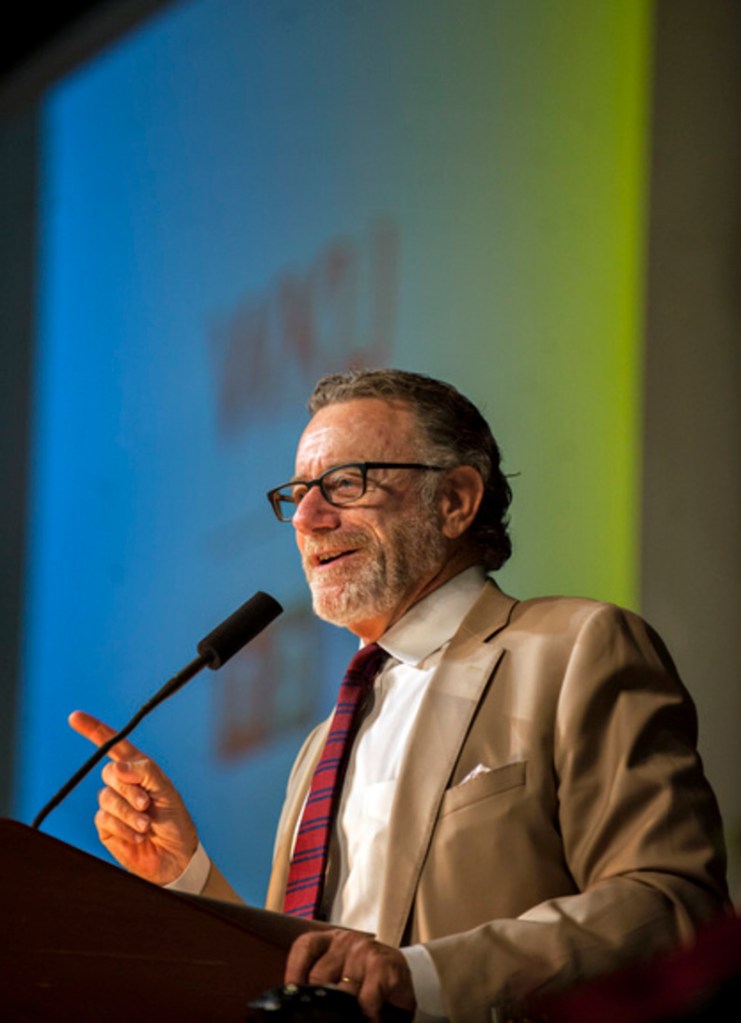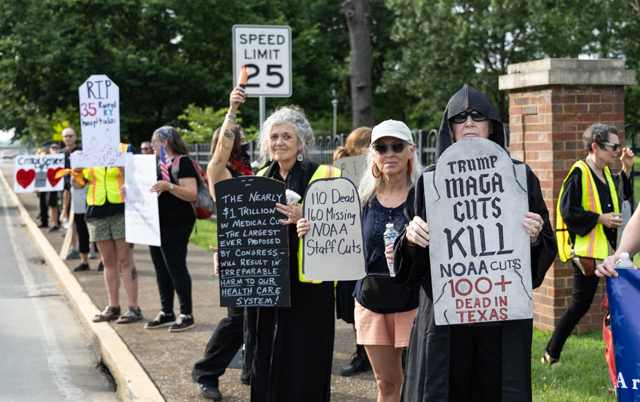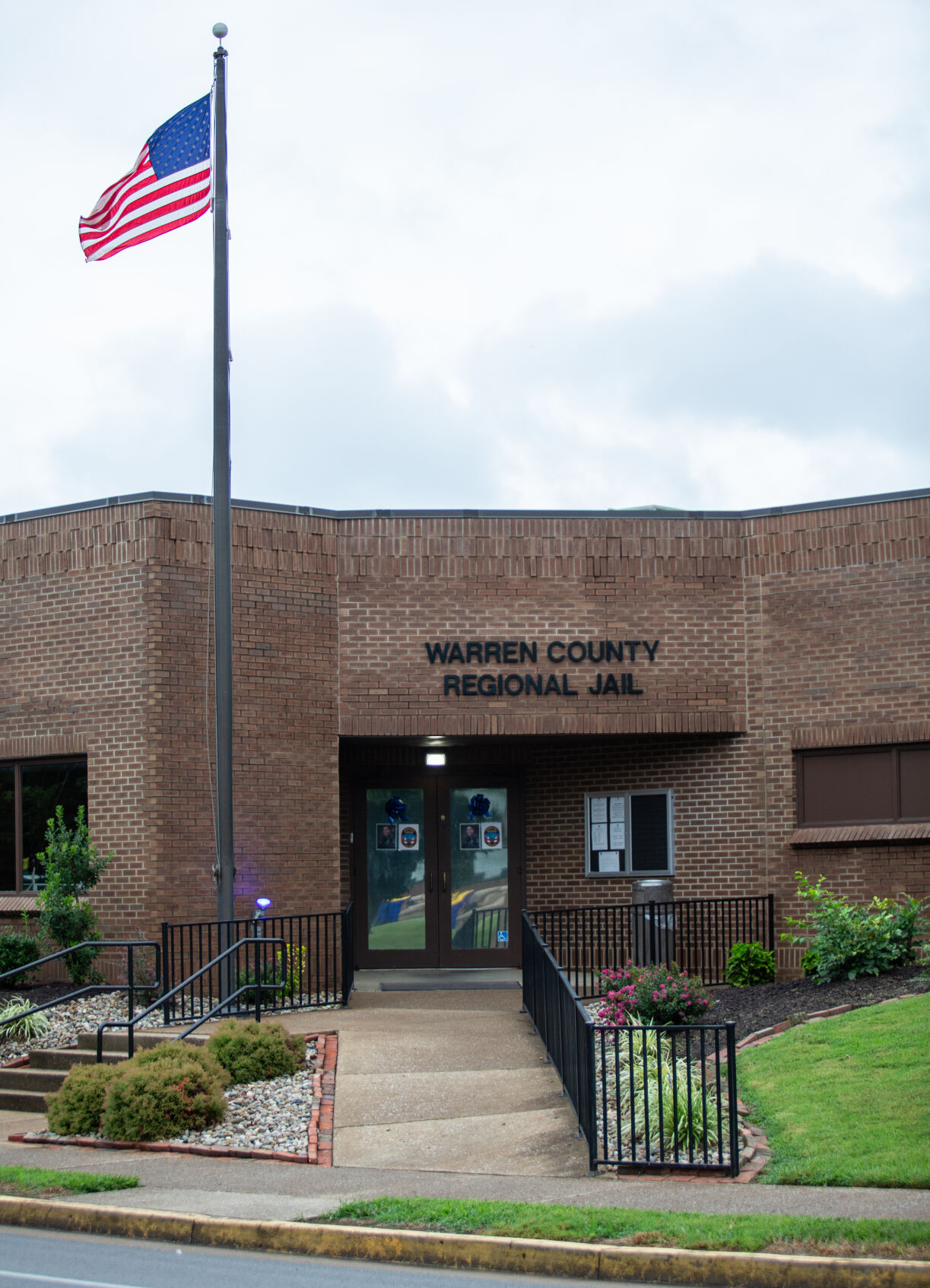NPR ‘voice of reason’ important for our times, president says
Published 10:01 am Friday, April 29, 2016

- Jarl Mohn, president and CEO of National Public Radio, speaks during the Bowling Green Area Chamber of Commerce Coffee Hour breakfast Friday, April 29, 2016, at the Knicely Center. (Miranda Pederson/photo@bgdailynews.com)
Jarl Mohn, president and chief executive officer of National Public Radio, told an audience Friday morning that when he was 15, he started work in radio at a station in Doylestown, Pa., in eastern Pennsylvania.
“I probably sounded like I was 11,” he recalled at the Bowling Green Area Chamber of Commerce Coffee Hour held at the Knicely Conference Center on the campus of Western Kentucky University.
Trending
Mohn said the Doylestown general manager set him down and offered an assessment of his abilities. “He said, ‘You may want another career to think about,’ ” Mohn said, adding that assessment was a great motivator for him. He eventually was a radio disc jockey, then managed and owned a group of radio stations.
Mohn later created E! Entertainment Television and also was a top executive for MTV and VH1 and served on the board of trustees of Southern California Public Radio for more than 20 years and the board of The Annenberg School of Communication and Journalism for a dozen years.
Mohn’s wife is from Somerset and Mohn said he enjoyed the biscuits and gravy at the chamber breakfast, noting that food fare isn’t prevalent in Los Angeles.
Mohn said NPR is operating differently than other journalism enterprises. While newspapers and television stations cut staff and consolidate, NPR is expanding.
“Local television news has shifted to crime and extreme weather,” he said.
NPR has 264 member stations, Mohn said, and 1,064 stations contribute to national public radio, with 1,600 reporters and producers at those stations and 800 NPR employees. The alliances create a network of information that informs the public, no matter where the story occurs.
Trending
An example that Mohn cited was a sound bite provided to NPR from West Virginia Public Broadcasting, in which families of coal miners killed verbally assailed Don Blakenship, a coal baron who received one year in federal prison for his role in the safety violations that contributed to those miners’ deaths.
“That is a story that has great emotion. It was a spectacular piece of audio,” Mohn said. Such regional collaborations power NPR, which Mohn called “a voice of reason” into today’s turbulent times. “We try to be the voice of reason. And there are very few voices of reason out there,” he said.
“We are hearing more relevant journalism,” he said, noting while regional radio reports several years ago made up only 4 percent of NPR’s national report, they have now increased to about 11 percent. The contributions of the regional radio journalists added to the bolstered NPR staff have led to better journalism, he said.
Of course, there is a price to pay for such performance.
“The problem with great journalism is it ain’t cheap,” Mohn said, imploring those in the audience to financially continue or decide to support public radio and WKU Public Radio, an NPR member station since 1980.
— Follow business reporter Charles A. Mason @BGDNbusiness or visit bgdailynews.com.






